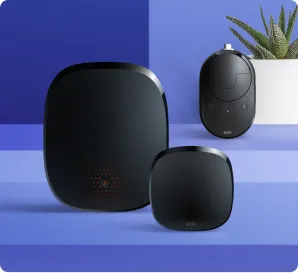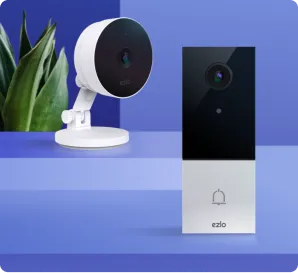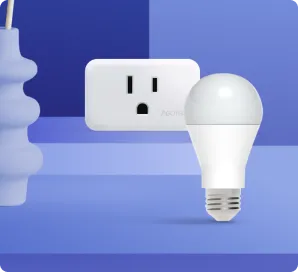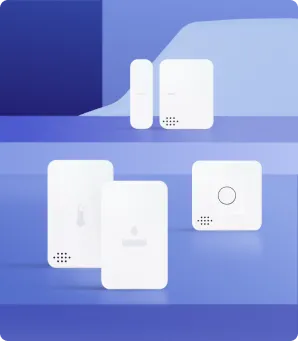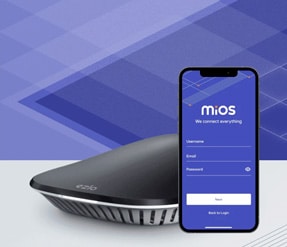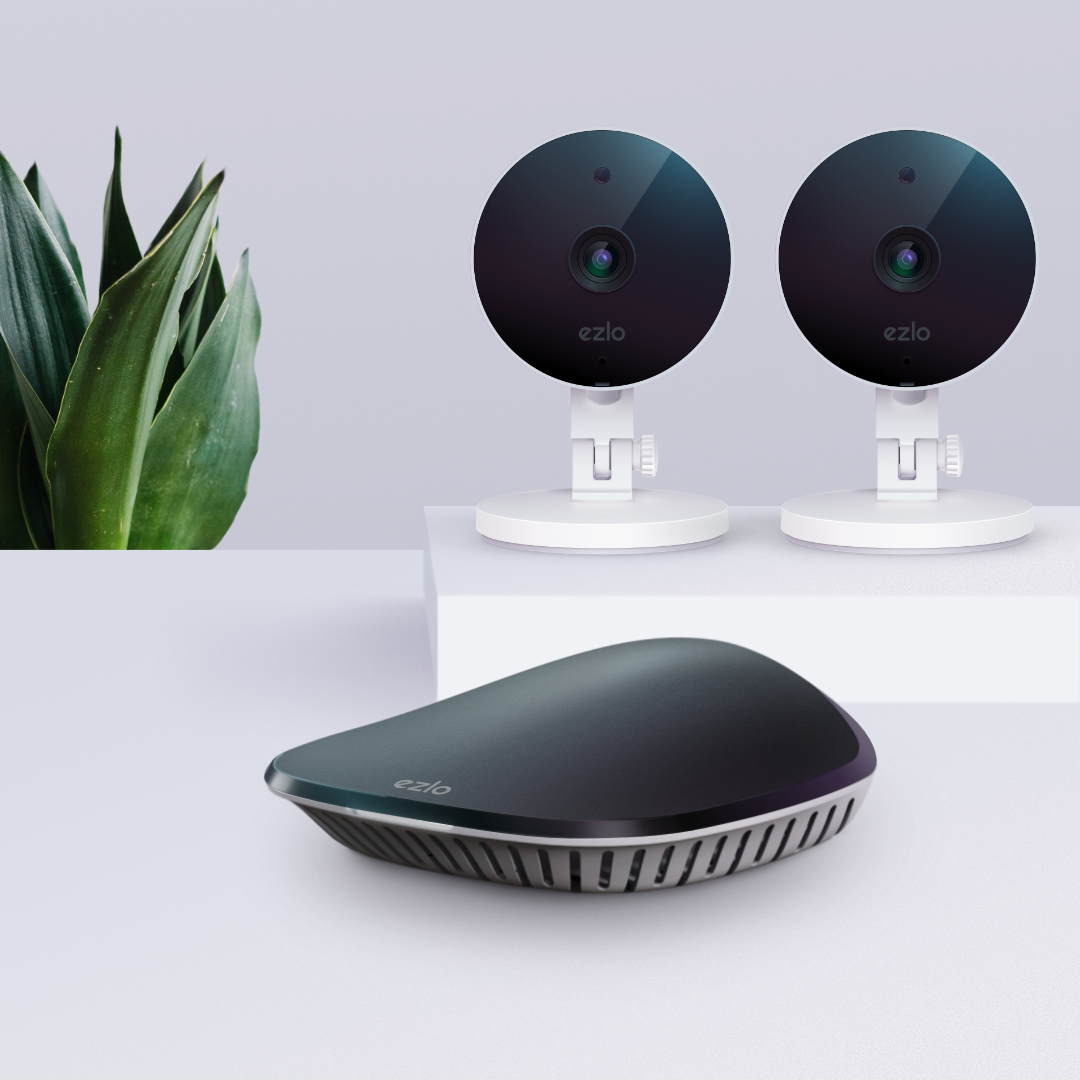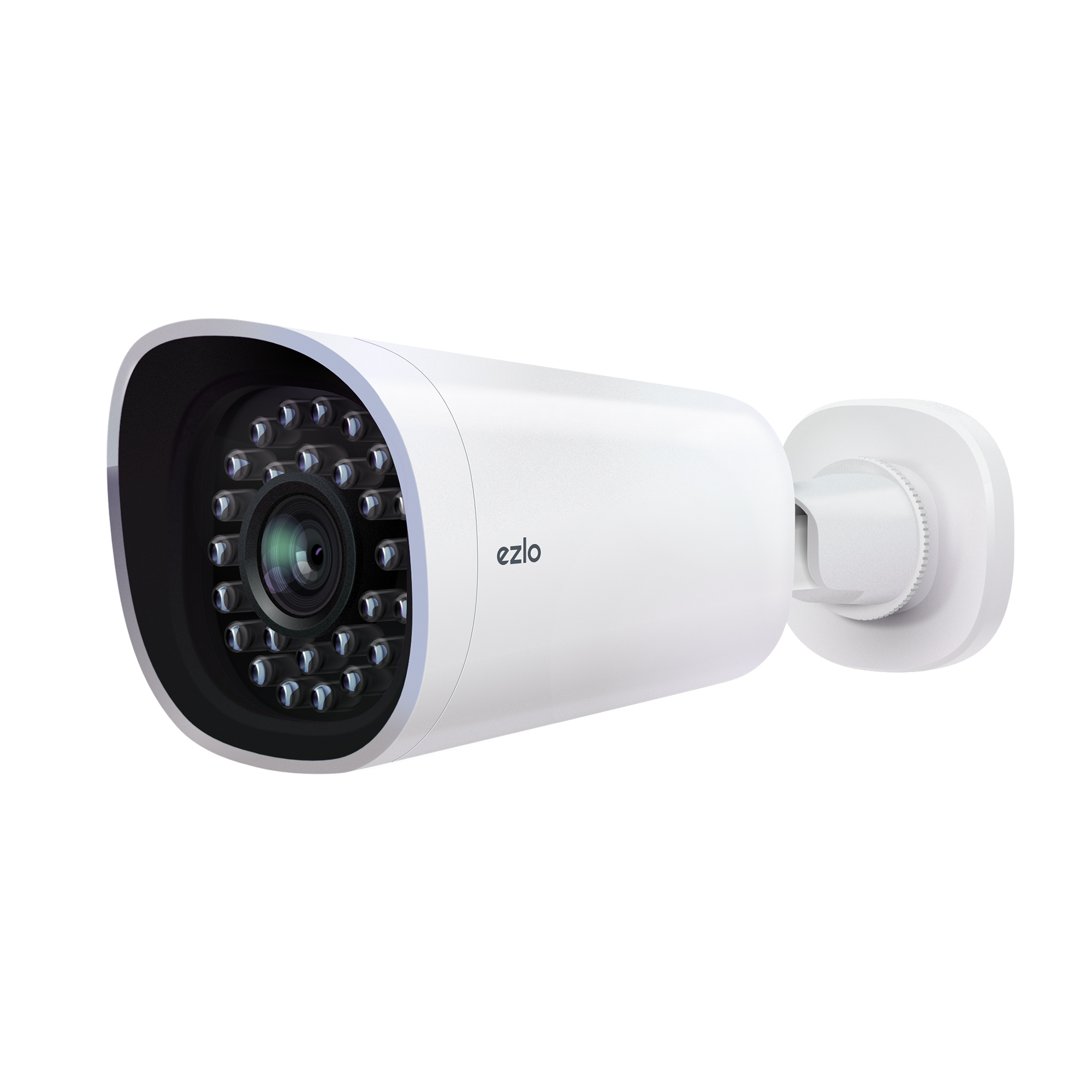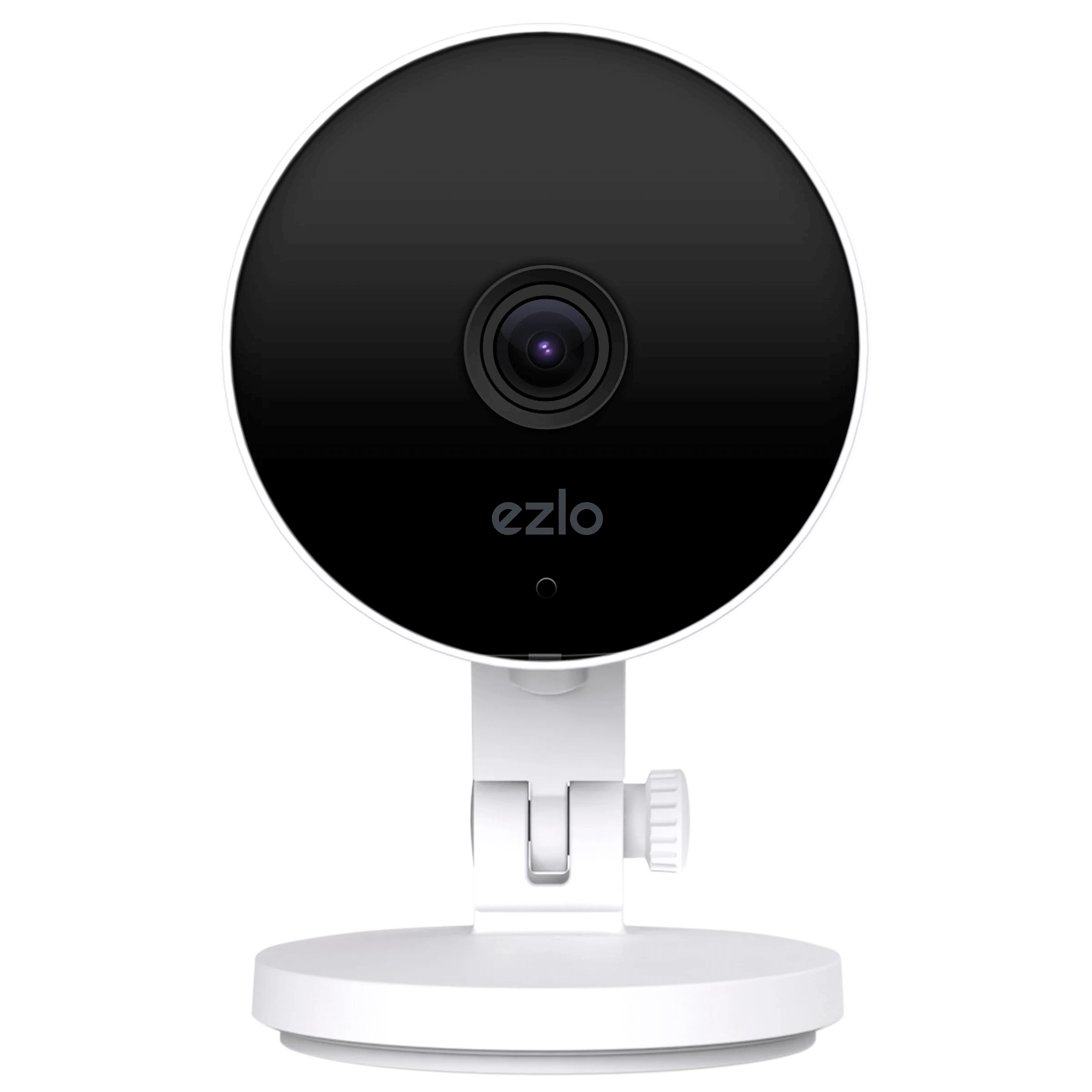Having CCTV cameras in your premises whether commercial or residential can be extremely beneficial because these devices play an important role when it comes to the protection of your assets.
That said, the same cameras can offer programmers a way to spy on you and eventually hurt you since they can get to your film through the web. Typically why you wish for a strong framework to assist anticipate that from happening.
Data breaches may not come to an end soon, but you can use the following tips to reduce the chances of your security system being hacked.
Update your Camera’s Firmware
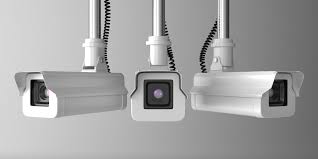
Any manufacturer who is worth their salt will be serious about offering protection for their cameras. They exhibit the same by releasing firmware updates regularly to fix security loopholes as well as software bugs.
Some cameras automatically download and install updates while others require you to do it manually. Regardless, it is extremely important to have your camera’s firmware updated even when your CCTV is not working as it keeps hackers away.
Change your Password Often
According to one study carried out in 2019, 13 percent of respondents with more than one online account admitted that they used the same password.
This makes sense seeing as no one wants to be locked out of accessing their information just because of using the wrong password. Using a single password for all accounts, therefore, seems ingenious.
However, doing that puts you at risk of hacking. Once a hacker can get into one of your accounts, it will be extremely easy for them to access other accounts. One of the best system work practices involves changing your passwords often so that you can confuse hackers.
Presently, when it comes to passwords, there are a few essential do’s and don’ts but fair know it would be fitting to utilize something complex and long. You’ll be able to choose an arbitrary state and incorporate lowercase and capitalized letters as well as images and numbers.
Avoid using any personal information like birth dates or names because hackers can access that kind of information from your social media accounts or public records. You may also want to desist from using commonly used passwords.
Install a Password Manager
Another thing you may want to do is set up a password manager which comes in the form of a program. The thing is that such programs do a good job when it comes to creating very strong random passwords that you can use for your digital accounts.
Although it may be hard to memorize such passwords, you can always store them or use your CCTV settings to remember them for you whenever you need to log in.
Most password managers are available in an assortment of web browsers and devices but the best part is that they are usually free.
Use Two-Factor Authentication
Having a two-factor authentication offers additional security where you can opt to have your camera company give you a single-use passcode through email, phone call, text, or even an authentication app. You then use the passcode along with your password and username whenever you log in to your account.
By doing this, you ensure that hackers are not able to access your camera even if they crack your password because then, they won’t be able to access your passcode.
Use a VPN
Using a Virtual Private Network is one of the ways you can use it to secure your CCTV cameras. A VPN is ideal especially if you want to access your surveillance camera footage regularly from remote areas.
Every time you access them remotely, you open up a pathway between your internal network and your device. Of course, you can port a firewall for protection but it will not conceal the pathway created when you access the network remotely.
That would be like opening your firewall’s front door with a mere password being the only source of protection. Users with just this kind of protection will often be heard complaining about “my CCTV quality”.
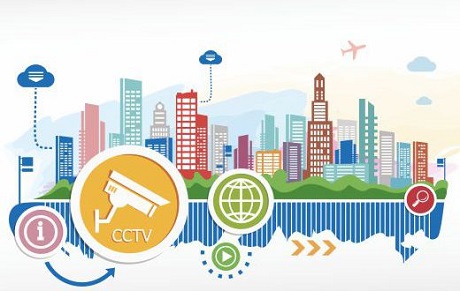
A VPN on the other hand connects to your network through an encrypted connection hence making it more secure. You can compare having a VPN to having a backdoor from your device that provides access to your network.
While the connection between the network and the device will still be created since it will be encrypted, the pathway would essentially be impenetrable and invisible.
Are CCTV cameras safer than IP Cameras in terms of hacking?
IP cameras transmit data through network ethernet links while CCTV cameras transmit signals on a monitor. As such, CCTV cameras tend to be safer when it comes to hacking since IP cameras connect to the internet making them more susceptible to hacking.
Conclusion
All the aforementioned methods can help secure your CCTV camera system from hacking. However, they are not foolproof and by that, we mean that none of them works perfectly alone.
To get the best protection, you would be better off using all of them.

